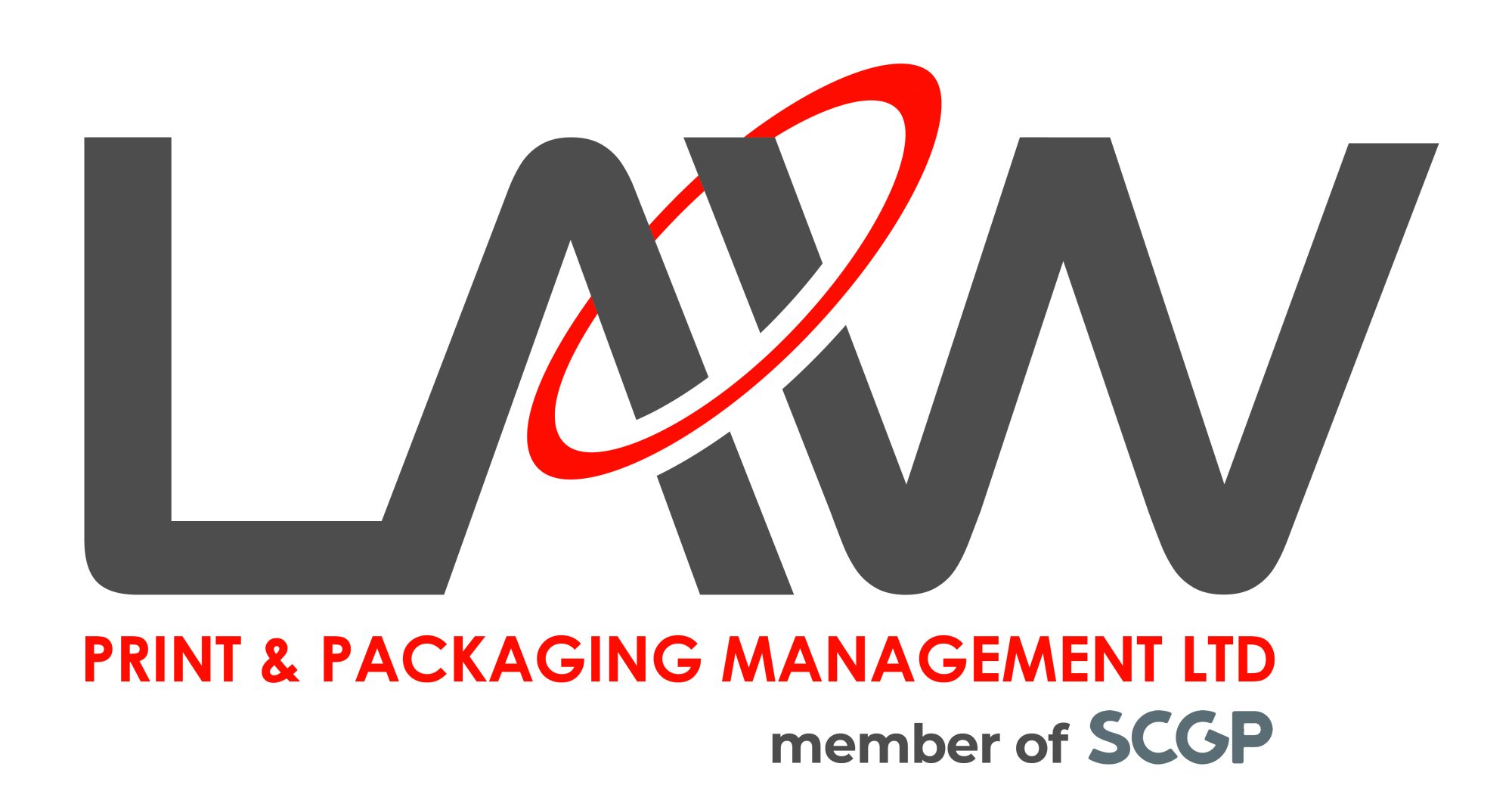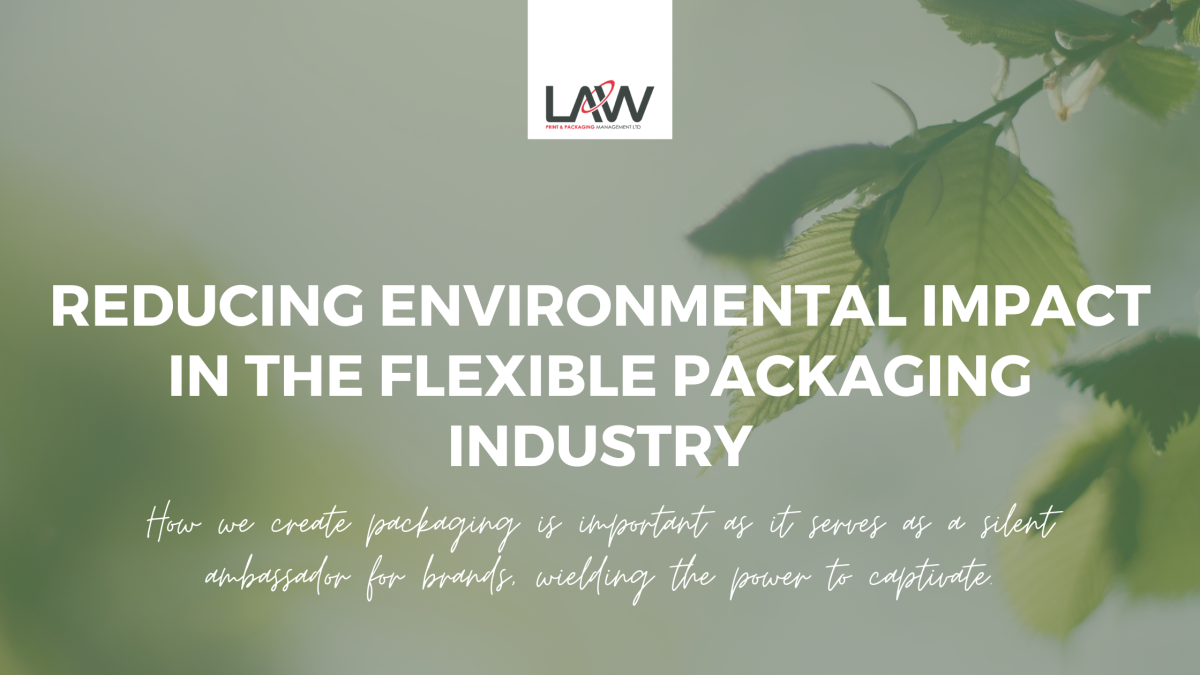In the wake of increasing environmental concerns, industries across the globe are striving to adopt sustainable practices to minimise their carbon footprint.
Among these, the flexible packaging industry has come under scrutiny due to its widespread use and perceived contribution to pollution.
However, the industry is not standing by. It is actively pursuing innovative solutions to reduce its environmental impact while maintaining functionality and cost-effectiveness. Flexible packaging refers to materials such as plastic and paper that are used to create pouches, bags, and other forms of packaging. Its popularity stems from its lightweight nature, versatility, and ability to extend the shelf life of products, reducing food waste.
Yet, the disposal of flexible packaging presents challenges, particularly in terms of recycling. Many forms of flexible packaging are multi-layered, combining different materials for enhanced barrier properties and durability. While these attributes are beneficial for preserving products, they complicate the recycling process, as separating these layers is often economically and technologically challenging.
Single-use plastic packaging, including various types of flexible packaging, can contribute significantly to plastic pollution, harming marine life, ecosystems, and human health. Mostly, this is due to a lack of recycling and disposal education.
Researchers and manufacturers are developing new materials that retain the functionality of flexible packaging while being more environmentally friendly. This includes mono material plastics which are easier to recycle without the need for lengthy processes. Collaborative efforts between packaging producers, recyclers, and waste management companies are focused on designing packaging that is easier to recycle.
Governments and industry associations are increasingly implementing EPR schemes, which hold producers responsible for the end-of-life management of their packaging. This incentivises manufacturers to design packaging with recyclability and sustainability in mind, encouraging a shift towards more sustainable practices.
Improving recycling infrastructure, such as investing in advanced sorting and processing technologies, can enhance the recyclability of flexible packaging. Additionally, increasing consumer access to recycling facilities and promoting education on proper recycling practices can help divert more packaging from landfills. Embracing the principles of the circular economy, which prioritises resource efficiency and waste reduction, can transform the flexible packaging industry. This involves adopting practices such as reusable packaging, closed-loop recycling systems, and product lifecycle assessments to minimize environmental impact throughout the supply chain.
The flexible packaging industry is undergoing a transformation towards greater sustainability, driven by technological advancements, regulatory pressures, and consumer demand for eco-friendly alternatives. While challenges remain, such as the need for infrastructure improvements and consumer education, the industry’s commitment to reducing its environmental impact is evident. By embracing innovation, collaboration, and circular economy principles, the flexible packaging industry can pave the way for a more sustainable future, where packaging serves to protect both products and the planet.
If your brand is looking to invest in sustainable packaging, we will guide you through the entire print process. Providing recommendations along the way to improve efficiency, reduce costs and add untold value to the end product. As a new member of SCGP, Law Print is redefining its roadmap to sustainability with further enhanced solutions, expanded portfolio of recyclable products and ISCC+ certification credits from the manufacturing group.
Contact us on +44 (0) 161 440 7302 or follow this link to complete our contact form.


